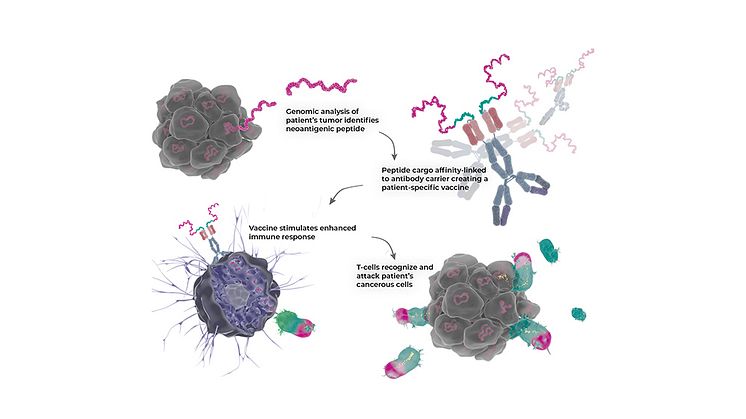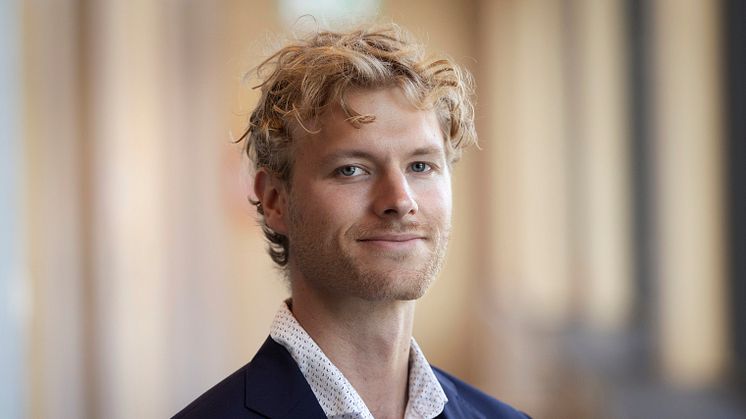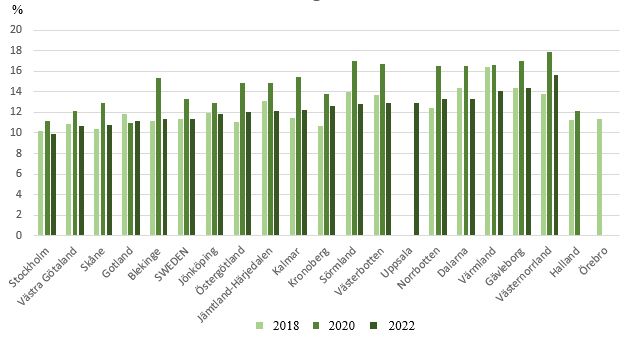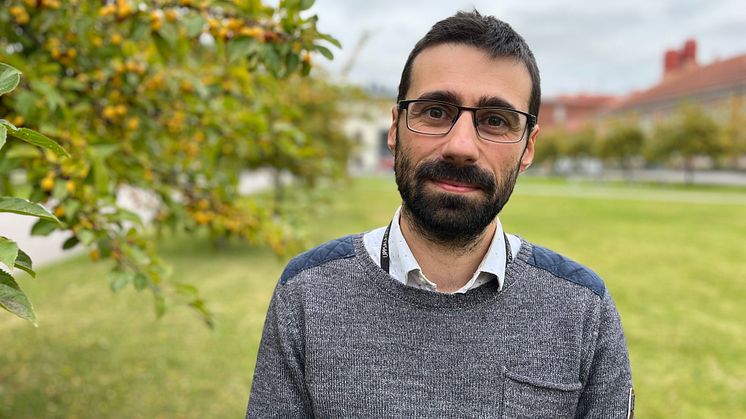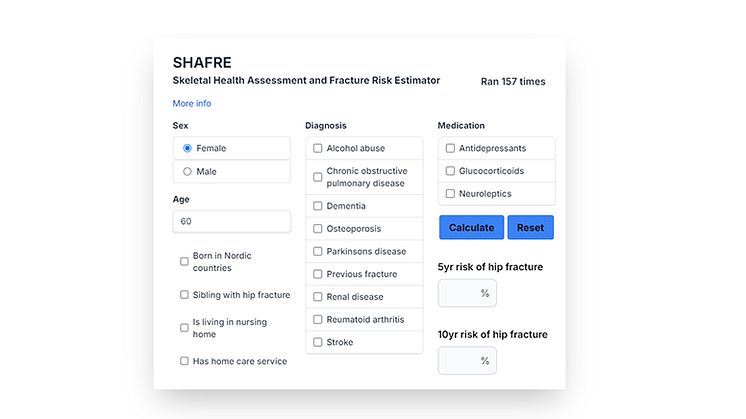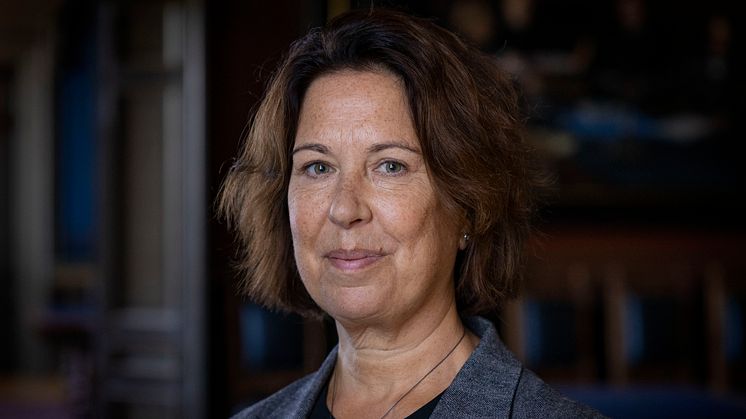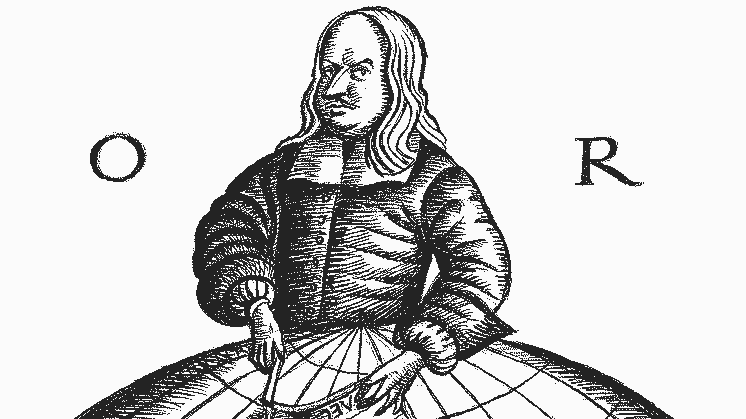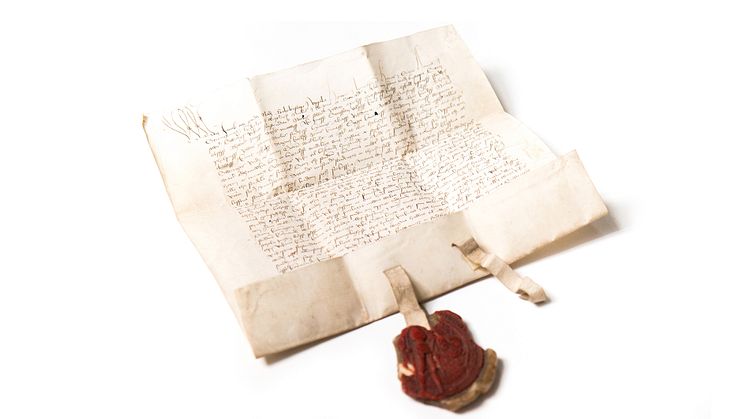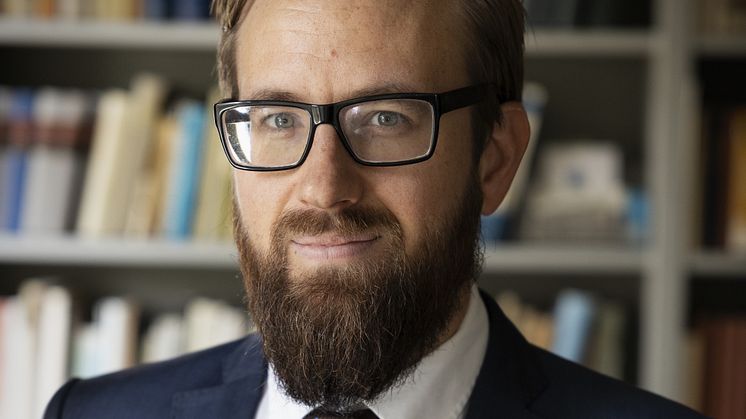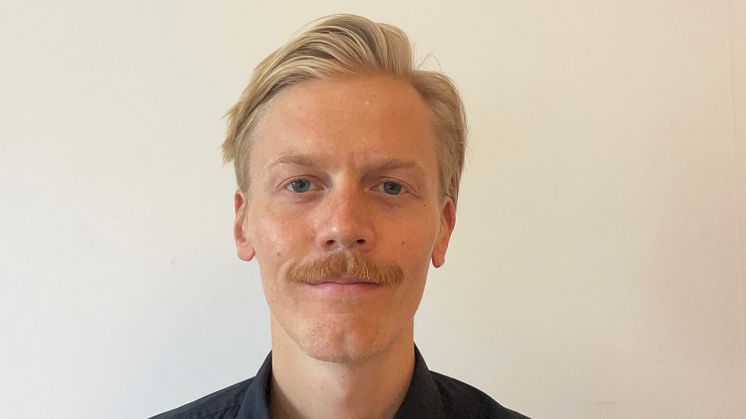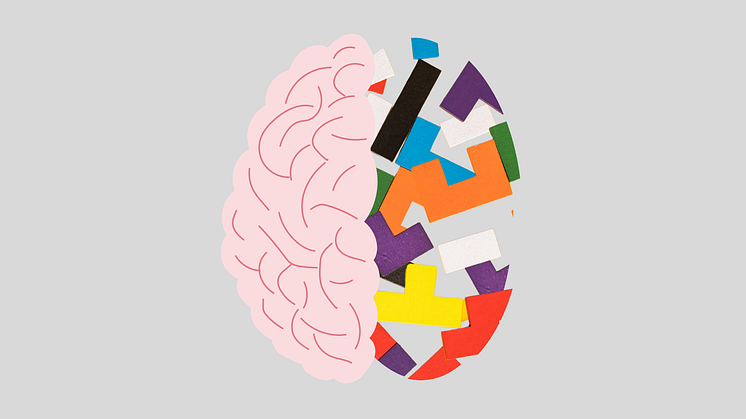Uppsala engaged in research to reduce the radioactivity of nuclear waste
Uppsala University is contributing an important piece to the puzzle of substantially shortening the radioactive life of nuclear waste. Belgian scientists aiming to create a facility to convert long-lived radioactive fuel waste into shorter-lived waste are now enlisting the help of the FREIA Laboratory in Uppsala.

